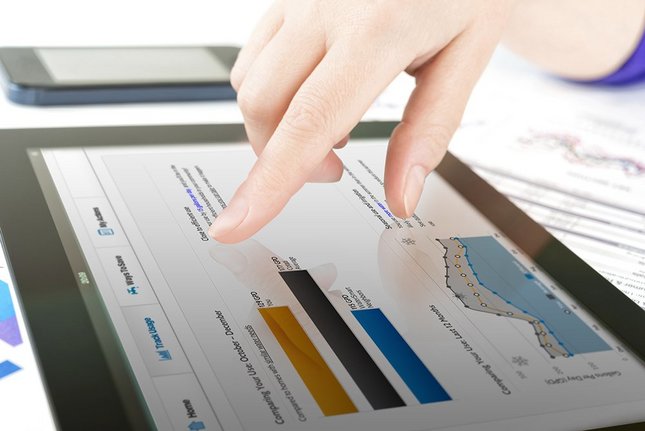Issue
The Water Foundation has partnered with WaterSmart Software, a San Francisco-based software company, that asks a compelling new question: If homeowners knew how much water they were using in comparison to their neighbors, would they change their habits and conserve more?
To answer the question, WaterSmart created a software application based on the theory of “social norms marketing,” or the idea that people are influenced by their perception of what is “normal” or “typical.” The goal was to help water utilities reduce residential water demand by providing residents with highly visual, easily understood reports that evaluated their water use, compared their average use with that of similar households, and offered guidance on ways to conserve.
The application was a simple, innovative way to leverage the combined power of peer pressure, technology and Californians’ awareness of the ever-increasing need for conservation. It provided an immediate opportunity to test an approach that could have far-reaching consequences.
Strategy
Though WaterSmart had achieved positive results in a small northern California town, to turn the application into an enduring and replicable tool, the company needed to show it would work at a much larger scale. To scale this promising approach, the Water Foundation partnered with WaterSmart on three critical fronts: connecting WaterSmart to urban utility districts willing to run pilot projects, providing funding to enable those projects, and helping establish an independent third-party evaluation of pilot results.
The Water Foundation first connected WaterSmart with the East Bay Municipal Utility District (EBMUD), then worked with the parties to design, fund and launch a one-year pilot project. Though energy utilities have successfully used behavioral efficiency programs like WaterSmart in the past, the EBMUD pilot was the first implementation of this technology by a large, urban water utility.
Independent evaluation of the EBMUD project found that the 10,000 residents who received WaterSmart reports and recommendations reduced their water usage by 5 percent, surpassing the pilot’s goal of a 3 percent reduction and proving the software and peer group comparison as useful tools in the state’s effort to reduce Californians’ water use.
What’s Next
WaterSmart has since expanded into a mobile application, and its staff has now worked with more than 50 utilities in California and beyond. Since its inception, it has saved more than 3.5 billion gallons of water – enough to supply water to 10,000 households for a year.
Beyond the measurable direct results of water conserved, this project has contributed to understanding social norms marketing as a tool for fostering behavioral changes necessary for water conservation and has underscored the importance of technology in aiding such efforts.
